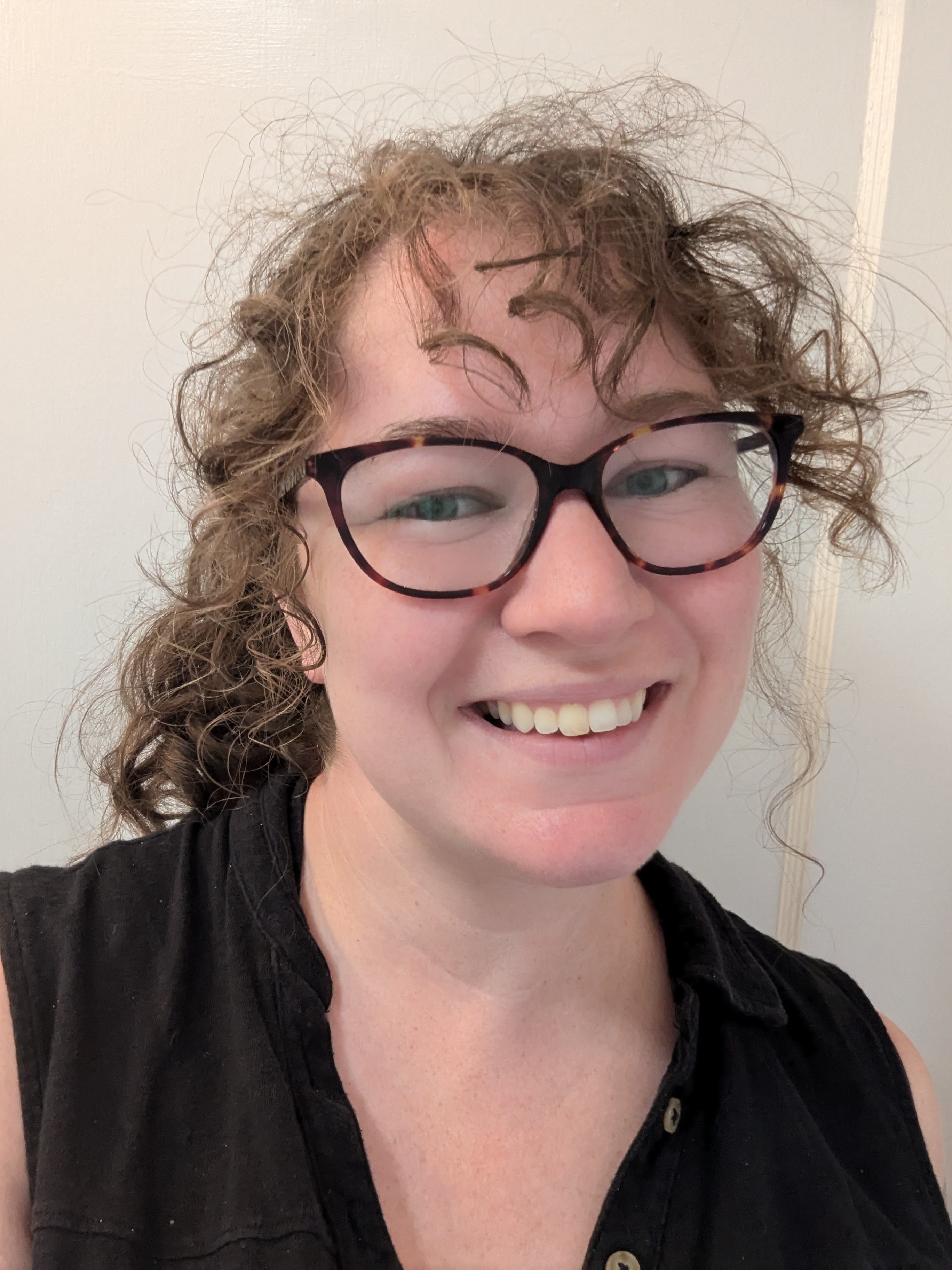Get to Know CCP Faculty: Christine Guarango, English Department
 Q: Why are you excited to join Community College of Philadelphia?
Q: Why are you excited to join Community College of Philadelphia?
A; This fall is my first semester teaching at CCP. I am excited to join such a vibrant and caring community of faculty and staff who truly care about their students, their school, and the great city of Philadelphia.
Q: How do you look forward to impacting our students with your academic field/ training?
A: This fall, I have the opportunity to teach our linked courses in the English department, a great program that gives students the ability to earn college credits they otherwise wouldn't have tested into. I love writing, reading, and engaging with text, and I hope by the end of the semester my students will share some of that enthusiasm!
Q: Tell us a little about your previous work experience, including titles, and what degrees you have.
A: In the past, I was an adjunct at La Salle, Thomas Jefferson East Falls and the University of Memphis. I earned my Master of Fine Arts in Creative Writing at the University of Memphis in spring 2020.
Q: Why did you choose to become an educator?
A: Becoming an educator has never felt like a choice, more like a prescription for happiness.
Q: What experience or individual influenced your career direction?
A: This might sound cheesy, but my husband. We got married very young, but our relationship never required me to sacrifice my goals of becoming a professor. He's always in my corner—in fact, he saw the job post for CCP first and sent it to me!
Q: Tell us something about yourself you would like the College community to know– hobbies, what you like to do for fun, a fun fact about yourself.
A: I love thrifting, reading books and quilting. Last year, I made a quilt replica of Van Gogh's Starry Night, but with cats!










